(5 min) When Hormones Rage and Rejection Stings: Menopause, Perimenopause, and the Wild Ride of ADHD & RSD

Let’s talk about the perfect storm no one warns you about: Menopause and ADHD's mean friend: Rejection Sensitive Dysphoria (RSD). Separately, they’re hard enough to navigate. But put them together? That’s emotional whiplash on steroids.
You’re not losing your mind. You’re not “too sensitive.” And no, you’re not being dramatic. You’re a woman with RSD going through the rollercoaster of menopause or perimenopause and it’s time someone talked about it honestly, with science, sass, and zero shame.
First, WTF is RSD?
Rejection Sensitive Dysphoria (RSD) is that intense, disproportionate emotional pain triggered by perceived or actual rejection, criticism, or failure. It’s not just “taking things personally.”
It's more like:
- “They didn’t text back… they hate me.”
- “My boss raised an eyebrow… I’m clearly getting fired.”
- “That tone in her voice? Yep. She thinks I’m worthless.”
People with ADHD (especially women) often live with RSD and many don’t even realize it has a name. We just think we’re “too emotional,” “too sensitive,” or “too much.”
Now enter: Menopause and Perimenopause... a hormonal demolition derby where everything you thought you had a handle on (mood, memory, patience, self-esteem) suddenly gets thrown into the blender.
And that, my friend, is where things get spicy.
What Is Menopause… and What’s Perimenopause?
Menopause marks the official end of your menstrual cycles (defined as 12 months without a period). But here’s the catch: the emotional chaos usually starts long before that, during a phase called perimenopause. This can begin as early as your late 30s or early 40s and can last several years. (Yay.)
During this time, your estrogen and progesterone levels start acting like drunk toddlers with a light switch: on, off, on, off, OH MY GOD OFF FOREVER. These hormones regulate more than your reproductive system... they also directly impact your mood, memory, dopamine, nervous system, and ability to emotionally regulate.
So if you already have RSD, where emotional regulation is a challenge on a good day, you can imagine what happens when your hormonal support systems decide to peace out.
Why Does Menopause Make RSD So Much Worse?
Let’s break this down, science-style but without the jargon.
1. Estrogen Drops = Mood Rollercoaster
Estrogen boosts serotonin and dopamine your brain’s natural mood stabilizers. When estrogen levels drop, so do those happy chemicals.
For people with RSD, this means:
- Rejection feels even more catastrophic
- Criticism becomes soul-crushing
- Self-worth tanks on a dime
2. Sleep Deprivation = Emotional Fragility
Menopause often brings hot flashes, night sweats, and insomnia. Sleep deprivation makes RSD worse. Like, cry-in-the-bathroom-after-an-email worse.
Why? Because your brain can’t regulate emotions without rest. It's like trying to drive a car with no brakes. Hello, meltdown.
3. Dopamine Deficiency = ADHD Mayhem
If you’re neurodivergent, you already have lower dopamine. Menopause drops it even more.
This leads to:
- More impulsivity
- Less patience
- Increased sensitivity
- Ramped-up rejection radar
Suddenly, that “mild comment” feels like a personal attack. That social invite you weren’t included on? Proof you’re unlovable. Logic goes out the window. RSD takes the wheel.
Symptoms of RSD During Perimenopause & Menopause
Not sure if this hormonal-RSD combo is what’s wrecking your emotional peace?
Here’s what it might look like:
- Increased emotional outbursts (crying, snapping, spiraling)
- Obsessing over small social interactions
- Feeling like a failure constantly
- Taking everything personally... like, everything
- Avoiding relationships or vulnerability
- Feeling “broken,” “overwhelmed,” or “too much”
Sound familiar? You’re officially living in a body that’s changing while your nervous system is still on high alert.
What You Can Do About It (That Doesn’t Involve Screaming Into a Pillow Forever)
Good news: You’re not powerless. This isn’t just “how it has to be.” You have options, tools, strategies, and support systems that actually help.
1. Track Your Triggers
- Start a simple RSD + Hormone Log. Track:
- Emotional reactions (especially to rejection or criticism)
- Sleep quality
- Menstrual cycle (if applicable)
- Hot flashes/night sweats
- Energy levels
- Social interactions
Patterns will emerge. Maybe you’re extra sensitive the week before your period or after several nights of poor sleep. Knowledge = power.
2. Nervous System Regulation Is Key
When estrogen leaves the chat, your nervous system needs a new anchor. Daily practices help keep your stress response in check:
- Box breathing (inhale 4, hold 4, exhale 4, hold 4)
- Weighted blankets
- Cold water face splashes
- Gentle movement (yoga, stretching, walks)
- Sensory tools (fidget toys, calming scents, soft fabrics)
These aren’t just “nice extras.” They rewire your brain over time.
3. Reframe Rejection — In Real Time
One of the fastest ways to de-escalate an RSD spiral is to interrupt it with curiosity.
Try these questions:
- “What else could this mean?”
- “Is there actual evidence of rejection?”
- “Would I be this hard on a friend?”
- “What’s the kindest possible interpretation?”
No shame if it feels fake at first. Keep practicing. Over time, your brain learns to pause instead of panic.
4. Try Hormone Therapy (If It’s Right for You)
If your symptoms are severe, talk to your doctor about Hormone Replacement Therapy (HRT). It’s not for everyone, but it can:
- Improve sleep
- Stabilize mood
- Reduce hot flashes
- Restore some dopamine/serotonin support
5. Protect Your Dopamine Like It’s Gold
Your dopamine bucket is already low. Don’t drain it on crap that doesn’t matter.
Do more of:
- Creative hobbies
- Music that moves you
- Bright colors, fresh flowers, cute animal videos
- Connecting with people who get you
Do less of:
- Doomscrolling
- Comparing your life to filtered strangers
- Forcing yourself into environments that drain you
- Spending time with people who make you feel like a burden
6. Work With a Coach or Therapist Who Gets It
Find someone trained in:
- ADHD
- RSD
- Hormonal transitions
- Nervous system regulation
- Neurodivergence and emotional sensitivity
You need someone who can validate your reality and help you build tools to navigate it. This is especially important if your RSD has been destroying relationships, work confidence, or your ability to show up in your life.
Pro tip: Find a provider who understands both ADHD and menopause. That combo matters. You can find a certified coach here.
7. Name It to Tame It
Say it out loud: “This is RSD. This is menopause. I’m not crazy. My brain is struggling and I’m doing my best.”
Labeling your experience helps pull you out of the emotional blender and back into reality. Self-compassion isn’t weakness, it’s medicine.
What You Don’t Need to Do:
- You don’t need to be “less sensitive”
- You don’t need to suck it up
- You don’t need to keep pretending you’re fine when you’re unraveling
- You don’t need to go through this alone
This phase of life isn’t just about hot flashes and hormone creams. It’s about reclaiming power, emotional safety, and internal regulation... especially if RSD has always been quietly running the show.
Menopause can make RSD louder, but it can also be the turning point where you finally learn to work with your brain instead of against it.
You are feeling, deeply, intensely, and honestly, in a world that isn’t set up to support that. But your sensitivity? Your capacity to care, to notice, to feel? That’s your superpower. Now let’s give you the tools to protect it.
TL;DR – Quick Tips Recap for the RSD + Menopause Madness
- Track your triggers and patterns
- Regulate your nervous system daily
- Practice radical self-compassion
- Reframe rejection with curiosity
- Consider HRT if your doctor supports it
- Protect your dopamine sources
- Find support you shouldn’t have to figure this out alone


